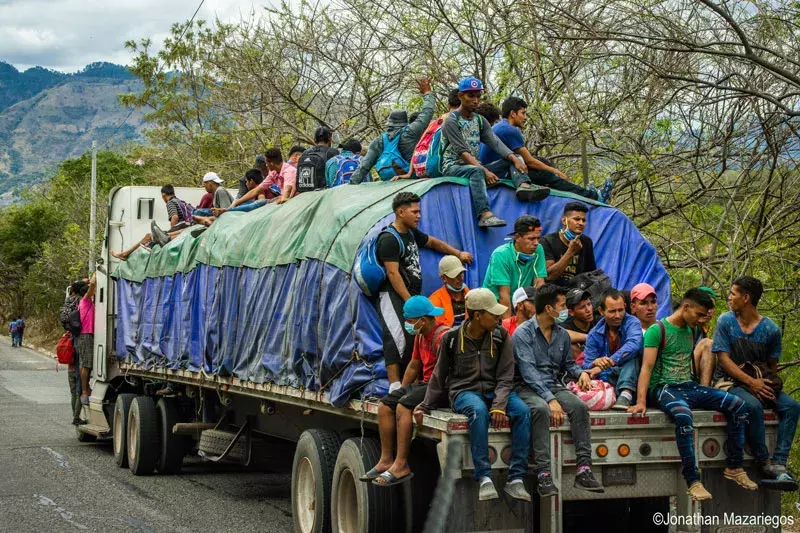3ie Delhi Evidence Week featured events focusing on the generation and use of evidence for informing policies and programmes in adolescents and young lives, education, nutrition, livelihoods, and water, sanitation and hygiene. Michael Woolcock, lead social development specialist with the World Bank delivered the opening public lecture on 15 November.
The Delhi Evidence Week is aimed at promoting conversations on increasing the production and use of high-quality evidence for informing policies and programmes to improve lives. The public events were held at the India Habitat Centre, New Delhi on 15 and 16 November 2016.
Click here for a detailed agenda of the panels and sessions.
Schedule of events open to public
Day 1, 15 November
3ie Delhi Evidence Week one-day conference: Sanitation for all
Michael Woolcock, Lead social development specialist, Development Research Group, The World Bank on finding more effective ways to use evidence for assessing both the internal and the external validity of 'complex' interventions.
3ie and the Water Supply and Sanitation Collaborative Council (WSSCC) co-hosted a one-day conference on Sanitation for all. It featured several sessions on how high-quality research evidence can be used to address challenges in the sanitation and hygiene sector in India.The four sessions organised as part of the conference were well-attended and included several prominent personalities in the water, sanitation and hygiene sector in India. Panellists included Chris Williams (WSSCC), Thillai Rajan (IIT Madras, Archana Patkar (WSSCC), Susan Chaplin (Centre for Policy Research), Seema Kulkarni (SOPPECOM), Kathleen O’Reilly (Texas A&M University), among others.
Integrating evidence and theory: Public lecture by Michael Woolcock
Day 2, 16 November
Half-day policymaker-focused seminar: Making evidence matter for quality education for all.
3ie and the Abdul Latif Jameel Poverty Action Lab (J-PAL) hosted a half-day policymaker-focused seminar on education. The seminar, The impact of education programmes: what does the evidence say? included presentations from 3ie and J-PAL by Manny Jimenez and Alejandro Ganimian respectively, on the latest research evidence in education. 3ie presented on the main findings from its recently released systematic review on education effectiveness that examined the impact of 216 education programmes in 52 low- and middle-income countries. This is the most comprehensive systematic review conducted on this topic to date. The seminar also included an interactive panel discussion featuring policymakers and civil society representatives working on education. The discussion modelled on a talk show was moderated by Sanjoy Narayan (J-PAL) The panellists included Atishi Marlena (Government of Delhi, India), Ashish Dhawan (Central Square Foundation), Kiran Bhatty (Centre for Policy Research), Pranav Kothari ( Education Initiatives) and Rukmini Banerjee (Pratham)
Panel discussions: The second-half of day 2 featured panel discussions on 3ie-supported impact evaluations. Panellists for the two sessions included Charlotte Watts and Nel Druce (DfID), Santanu Pramanik (PHFI) and Urvashi Wattal (CMS) among others.
The rest of the week comprised of closed-door meetings with 3ie members and our board of commissioners. These sessions were not open to public.
What are 3ie evidence weeks?
3ie organises evidence weeks in Delhi, London and Washington, DC, where we have offices, on a rotating six-monthly basis. These events highlight the type of work we are doing and reflect the policy and programme priorities for the development communities in each of those cities. Our sessions promote conversations on increasing the production, synthesis and use of high-quality evidence for informing policies and programmes that help improve poor peoples’ lives. Once a year, we host the annual Howard White Lecture. Events attract a valuable mix of decision-makers, programme managers, evaluation and synthesis experts, development researchers, donors and government and non-government development sector specialists. We integrate 3ie board of commissioners’ and members’ meetings with evidence weeks to ensure that these leaders on impact evaluation, evidence synthesis and development policy can participate in these events.

